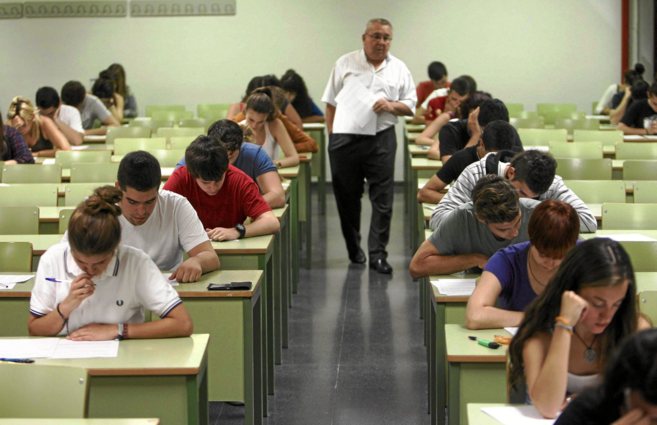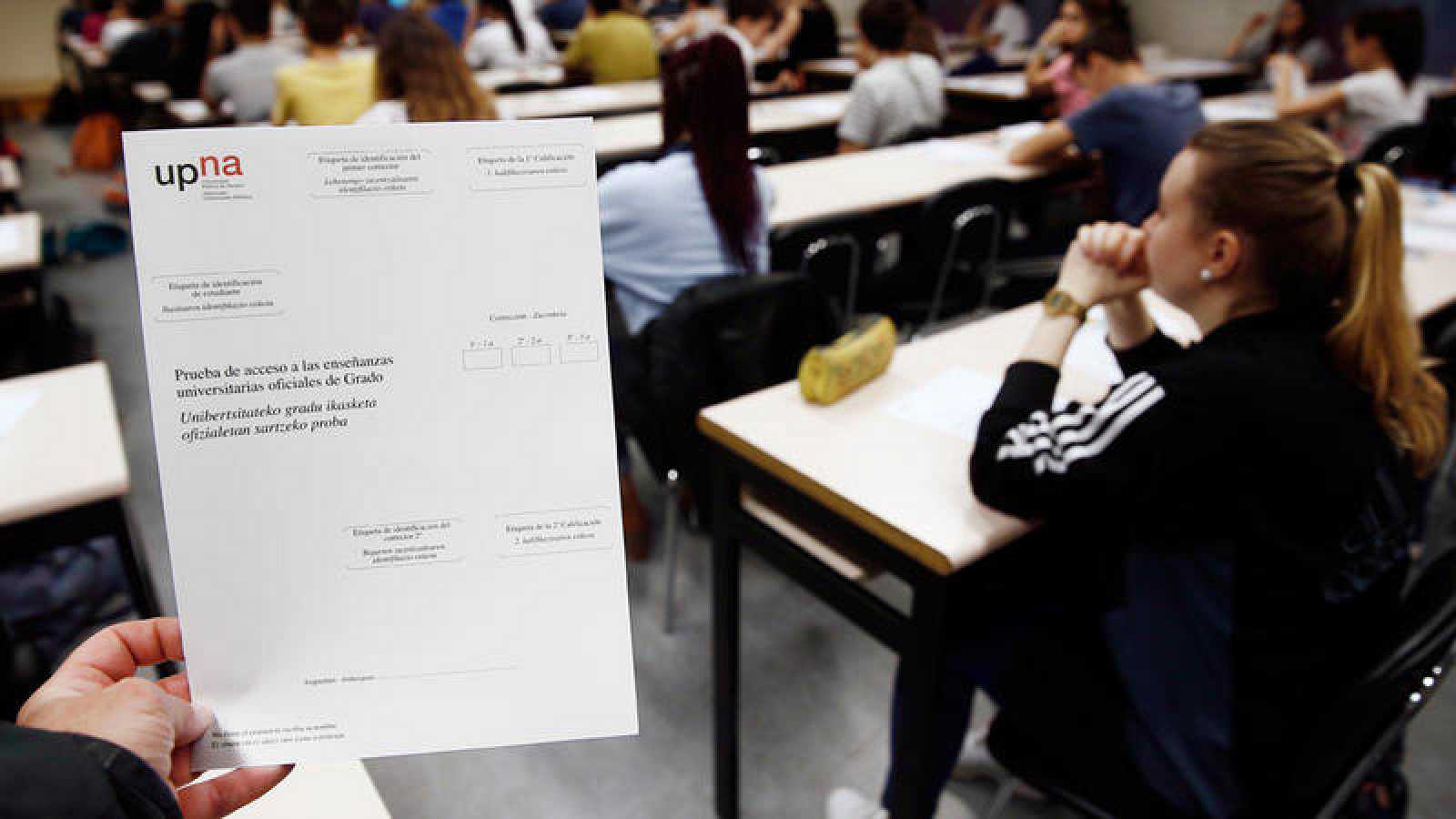
Briefly, grades for the third semester will be given based on the previous two semesters. And students will be able to take the Selectividad exam for elective subjects.
This Wednesday, Spain’s Ministry of Education agreed with the autonomous communities on important end-of-course points. The main one is that students in pre-schools, primary, secondary schools, vocational schools and bachillerato will finish the course, except in very exceptional cases, with a grade according to their performance. Those who are in their final years of study will also receive the appropriate rank. Even though some faculty members feel that the course is not passed and mastered. All students will be graded and will finish the year. And the final assessment will include a personalized report. Which will be needed the following year to develop plans to make up the material missed this year.
See the following.

Graduation
All students will complete their course of study, regardless of the number of courses they need to pass. Course repetition is a measure that will only be used in exceptional cases. A teaching team of 10-15 teachers will make this decision jointly, taking into account the student’s academic progress in the period before the schools are closed due to the epidemic.
Students will be able to earn diplomas at all levels of education. A team of teachers will also decide whether a student should receive a diploma. They will assess the student’s overall “sufficient attainment of the overall objectives” of the course. The Ministry of Education believes that this will minimize the number of those who will fail in higher education. The decision complements the overall progression of recent non-compulsory academic courses such as ESO, FP and Bachillerato. The ministry has already approved the innovations in the exam to make it easier. The new approach will allow students to achieve the highest grade possible by relying only on the material covered before the schools closed.
A new approach will allow students to achieve the highest grade possible by relying only on the material covered before the schools closed.
The case of nearly 8,000 students who were unable to complete their studies abroad due to the pandemic was not discussed at the meeting. However, the ministry has already announced that various measures are being prepared to ensure that these students are also able to move on to the next course.
Assessment
Assessment will be based mainly on the work done by students during the first two quarters of the course. Education authorities consider such an assessment system primarily necessary for its diagnosis of next year’s action. It will allow schools to know which subjects a student should intensify the study of during the next year. And this will be accompanied by an individualized report prepared by a team of teachers. They argue that the loss of knowledge due to not being able to go to school in person is already very high and will be even higher if students lose the incentive to get grades.
All are in favor of devoting the third quarter to repeating material covered in the previous two. And not to go over new material. But the decision on this issue will be made individually in each autonomous center.
Support Plans
The agreement stipulates that the large inequalities that will be caused by suspensions among students due to differences in access to online learning and socio-cultural environments will be offset by the implementation of support plans. Such support will be co-financed by the ministry and the autonomies and will particularly target students in need of educational support.
The specific plan for such support will depend on each autonomous community. It will consist, for example, of four hours of lessons per week in the second half, outside of school hours. Participation in such lessons will be compulsory for those who have completed the course with failing subjects. And such lessons will not take place in the first semester of the next academic year, as originally conceived, but throughout the next course.
And such lessons will not take place in the first semester of the next academic year, as originally conceived, but throughout the next course.
Summer Schools
The course will end in June. In other words, there will be no additional classes during the summer. Also, at this point, it’s not safe to open schools in the summer. This Wednesday, it was decided that administrations will “organize or support” activities to strengthen the educational system during the summer. These will be combined with other recreational activities in educational centers. For example, they could be summer camps.
Summer camps.


